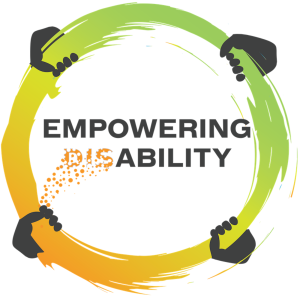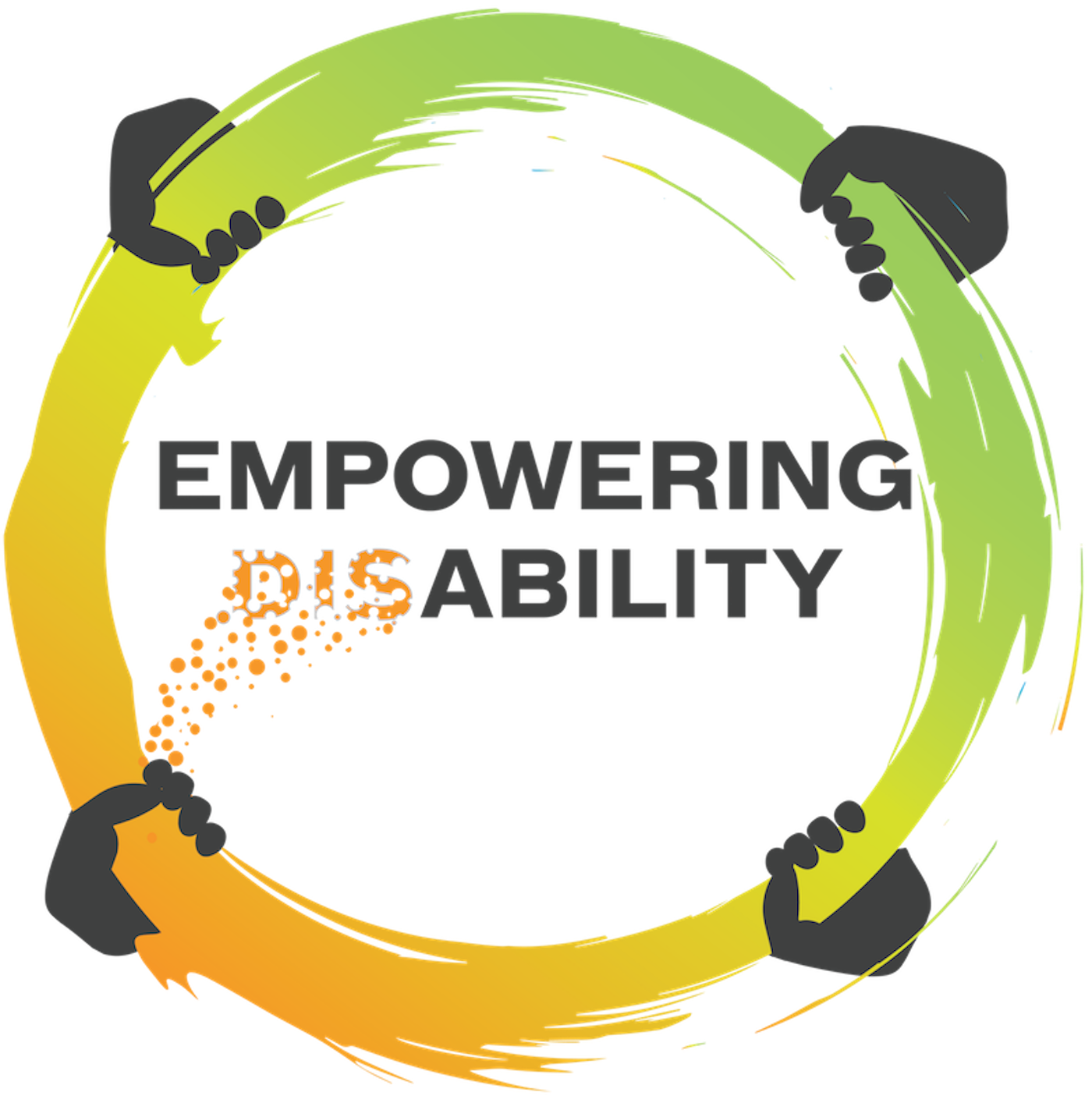Episodes

Tuesday Aug 22, 2017
Tuesday Aug 22, 2017
This week’s guest on Empowering Ability Podcast and Blog is Chris Woodhead, Group Director of Housing and Business Development for Dimensions UK. We talk about housing in the UK, and the approach Dimensions UK has for supporting people with learning disabilities and autism spectrum disorder (ASD) to find and create a home in Part 5/6 of the mini-series on housing for people with a disability.
Chris Woodhead has twenty years of experience in the housing, care and charity sectors in the UK. In 2016, Chris joined Dimensions UK to support the organization on their mission to provide high quality personalized support for people with learning disabilities and autism, helping them to be actively engaged with, and contribute to, their communities. Dimensions UK started about 30 years ago when institutions were closing and they currently support approximately 5,000 people across England and Whales. The approach to support Dimensions UK takes is to give people choice and control over their lives. For Dimensions UK it is about delivering personalized services by understanding the client’s needs so that they can deliver just enough support for them to achieve in their lives.
Housing in the UK
On the podcast Chris Woodhead shares:
The UK is a small and old country where land is at an absolute premium, this makes housing challenging. The UK culture is founded upon home ownership, whereas in the rest of Europe, rental is a more accepted norm. However, home ownership is difficult to achieve for most because housing prices are so high.
3 Main Ways to Have a Home:
1) Buy. For people that face a challenge to get into the employment market (many people with a disability) it is extremely difficult to realistically purchase a property. It is becoming an exclusive market that favors the wealthy.
2) Rent. The rental market is also prosperous in the UK and is becoming harder to access. It is incredibly difficult to find a rental in London – there is an exclusive barrier unless you have high income.
3) The Social and Affordable Rented Market. This market was created for people that were on lower incomes. This worked really well from the 2nd world war until the mid 80’s when there was a housing build program, and there were a lot of solutions for people who needed them. The rates at which these units become available have slowed, people are having to wait an awful long time for housing. Demand far outstrips supply.
People with low income can apply for housing benefits (being replaced by a system called Universal credit), which is a type of rental subsidy. However, rentals are becoming increasingly difficult to find with the amount of funding provided. In some cases, people have had to move to different city were rents are cheaper, which is taking people out of the city they call home.
Summary: Expensive to buy, increasingly expensive to rent in private market, increasing demands on social affordable housing.
Dimensions Approach to Housing
Paraphrased from the Podcast Chris Woodhead shares:
Dimensions UK’s aspiration is for people to have their own front door. Not all of Dimensions UK’s accommodation is in line with this aspiration at this time. For example, some housing is larger scale accommodation with 10 people living in one large accommodation, but over time Dimensions UK looking to remodel for a smaller scale more personalized approach.
Housing and support are generally separate. Dimensions holds a core value that where you live is important to quality of life (health and wellbeing), but people should be able to choose who supports them. You shouldn’t have to move if you are unhappy with your support. There is a delineation between the tenancy agreement and the support contract. We operate around choice and control. If we get their housing right, and we get their support right then we hope they will continue to choose us.
Dimensions UK's 3 Approaches to Housing
1) Build new housing at the right price. We need to create properties that have an affordable rent so that people can use the rental subsidy to pay for housing. We need to find the right places to build, at the right place so people can afford the rents.
2) Remodel, refurbish or knock down and rebuild existing housing (to give people their own front door).
3) Signposting (guiding) people into the right accommodation for them. This can be with registered providers (public sector organizations that provide affordable housing), or into the private rental sector (called brokerage).
How do people work with you?
Very few people self-refer to Dimensions, this just isn’t how the system works in the UK. Most people are referred by the National Health Service (NHS) social services or a professional service practitioner. If living an independent life is right for an individual then they would likely be referred into us.
How do you find the right housing?
Contact and conversation between the individual, the family, friends and the social workers/ professionals that understand that person. ‘Referral to residence’ is my pet term for it.
1) Understand the person: what do they want to achieve? What facilities do they need nearby? What modifications to the property would be needed (sensory experience, items of safety)?, What location (near family and friends)?, What social activities do they want to be involved in? The individual, family, and friends are very involved in the process.
2) Work out what is important for that person to achieve and help them with a support package that considers the 8 domains in the Activate model. (See a description of Dimensions UK Activate Model at the end of the blog.)
3) The Dimensions Advisors look for accommodation (termed Brokerage). Dimensions has been nominated for awards several times for their Brokerage Service, learn more here.
Paraphrasing from the Podcast Chris shares this important insight:
“When an individual’s wishes are reflected, it is the best chance for a successful transition is when we get it right the first time. I have been around long enough in the social care sector to see when support has failed, and it would be twice as hard the second time around. Confidence of the family plummets, and the fear and confidence of the person being supported is damaged too. Take the time, and put the thought into getting it right the first time. This can take a year to get this right, which can seem like a long time, but it isn’t if you compare to the experience of people living in an institution.”
The New Activate Model
This is a new researched based model that was piloted with 24 homes of 1-8 people over a 2-year period. The model focuses on 8 different domains in each person’s life:
1) Physical health and wellbeing
2) Communication and social interaction
3) The physical environment
4) Skills
5) Relationships
6) Service Staff
7) Service Management
8) Wider organizations
The two unexpected outcomes from the activate model research were 1) a 60% reduction in challenging behaviour, and 2) an increase in satisfaction for support staff. If you would like to learn more about the research, and watch the short videos visit the Dimensions UK website.
I thank Chris for coming onto the podcast and sharing his experience in housing, giving us an overview of the housing landscape in the UK, and for sharing lessons learned that can help us to empower people with disabilities to create a home of their own.
I’ve created a FREE workbook to help you create your vision of the best housing solution for you and to take the first steps toward implementing this solution. Click Here to download the free workbook. Our mini-series on housing for people with disabilities is continuing so go ahead and Subscribe to the mailing list to get all 6 episodes sent directly to your inbox!
Love & Respect,
Eric
Resources:
Dimensions UK Website: https://www.dimensions-uk.org/
Contact Dimensions UK: Click Here
Activate Model Research: Click Here
If you received value from this content please leave me a review on iTunes. By leaving a 5 star review on iTunes you make the Empowering Ability Podcast more discoverable, and more families will benefit. Click Here To Leave a Review on iTunes
The Empowering Ability Podcast is available on iTunes and various other apps so that you can listen while on the go from your smartphone!


No comments yet. Be the first to say something!